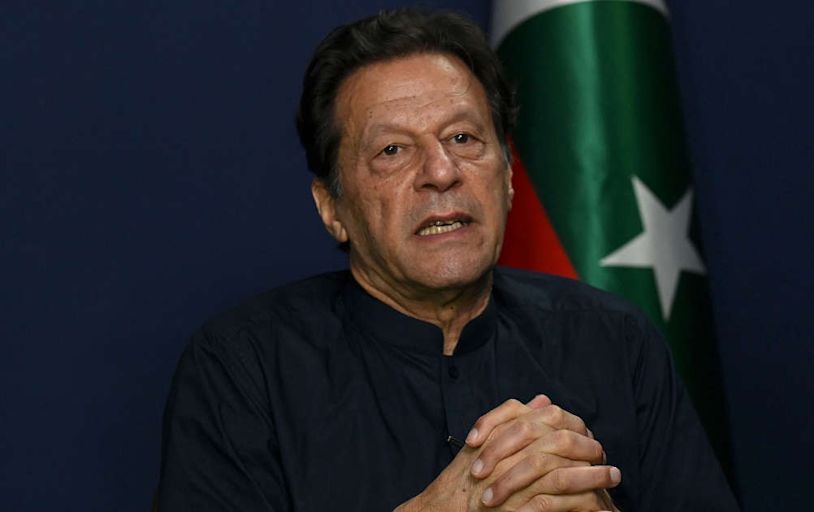
Imran Khan’s Current Situation in Pakistan: Challenges and Prospects
Introduction: As the political landscape in Pakistan continues to evolve, all eyes are on Prime Minister Imran Khan and his leadership. Since assuming office in 2018, Khan’s tenure has been marked by significant challenges and opportunities. This article explores the current situation of Imran Khan in Pakistan, highlighting the key issues he faces and the prospects for his government’s future.
I. Political Challenges:
- Economic Crisis: a. Rising inflation and cost of living b. High unemployment rates c. External debt burden
- Governance and Accountability: a. Struggles with corruption eradication b. Challenges in implementing effective governance reforms c. Criticism of the National Accountability Bureau’s operations
- Opposition Pressure: a. Uniting opposition parties against the government b. Frequent protests and rallies demanding Khan’s resignation c. Criticism over alleged electoral manipulation
II. Foreign Policy Dynamics:
- Relations with India: a. Stalled peace talks and border tensions b. Handling the Kashmir issue
- Afghanistan: a. Challenges in managing the fallout from the U.S. withdrawal b. Balancing relations with the Taliban and international stakeholders
- Regional Engagements: a. Strengthening ties with China through the China-Pakistan Economic Corridor b. Engagement with the Middle East and Gulf countries
III. Social and Developmental Initiatives:
- Poverty Alleviation: a. Ehsaas program and social welfare measures b. Challenges in ensuring equitable distribution of resources
- Education and Health Reforms: a. Initiatives to improve education quality and access b. Healthcare reforms and challenges in providing universal healthcare
- Climate Change and Environmental Conservation: a. Focus on reforestation and renewable energy b. Encouraging global climate action
IV. Prospects for Imran Khan’s Government:
- Economic Recovery: a. Structural reforms and investment promotion b. Attracting foreign direct investment
- Political Stability: a. Managing the coalition government effectively b. Strengthening democratic institutions
- Strengthening Democracy: a. Electoral reforms for transparent and fair elections b. Ensuring an independent judiciary
Conclusion: Imran Khan’s current situation in Pakistan is marked by a complex mix of challenges and prospects. While he faces political and governance obstacles, his government has also embarked on various developmental initiatives. The prospects for his government’s future lie in effectively tackling economic crises, managing foreign policy dynamics, and delivering on social and developmental goals. Only time will tell how Khan’s leadership navigates these challenges and shapes Pakistan’s trajectory in the coming years.





